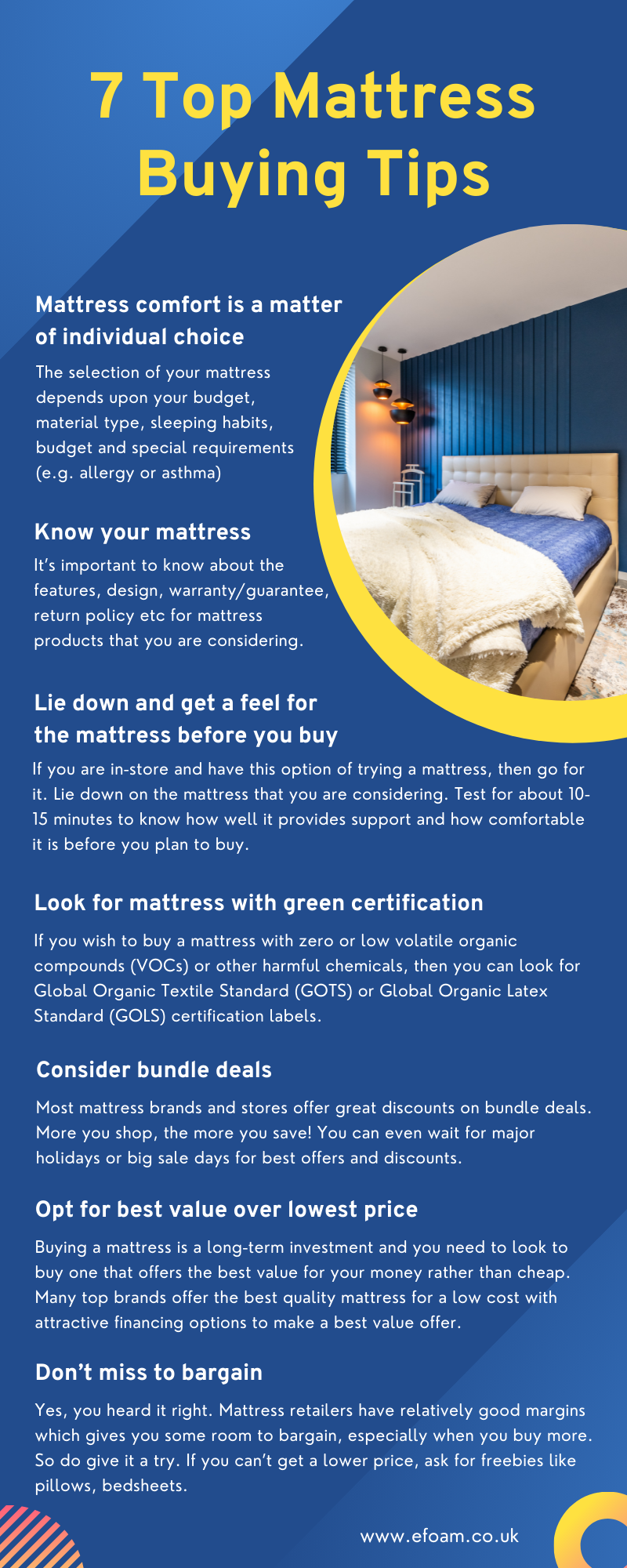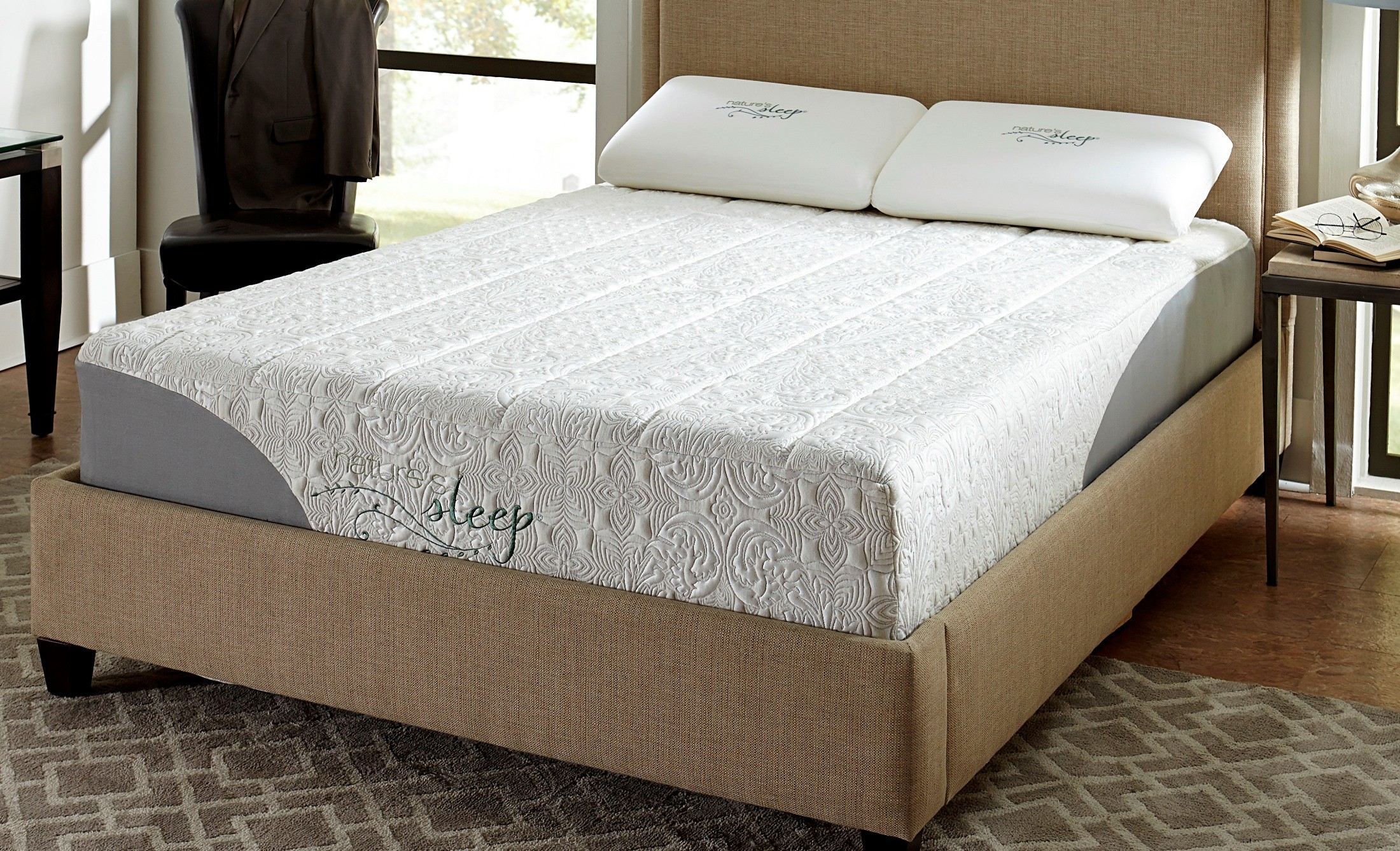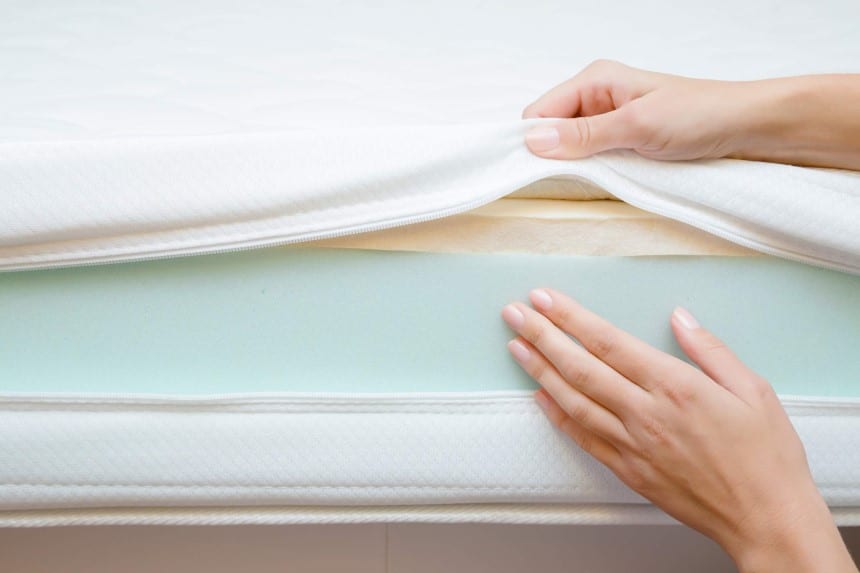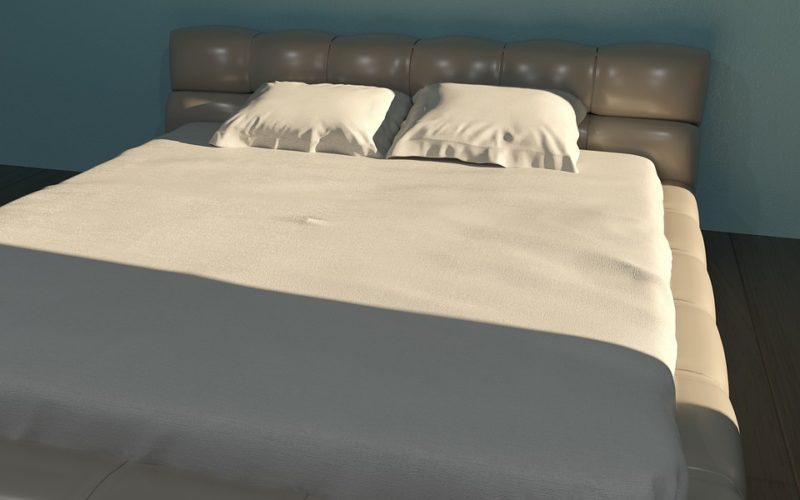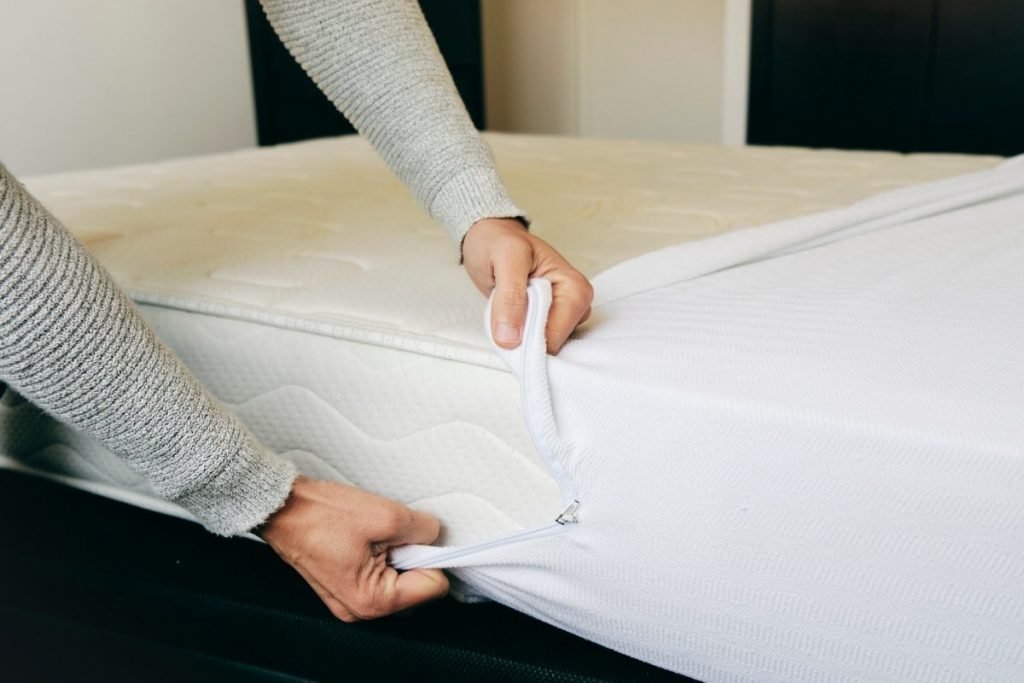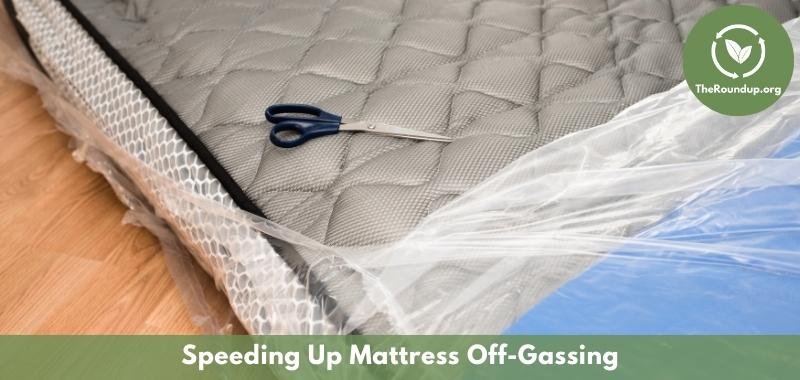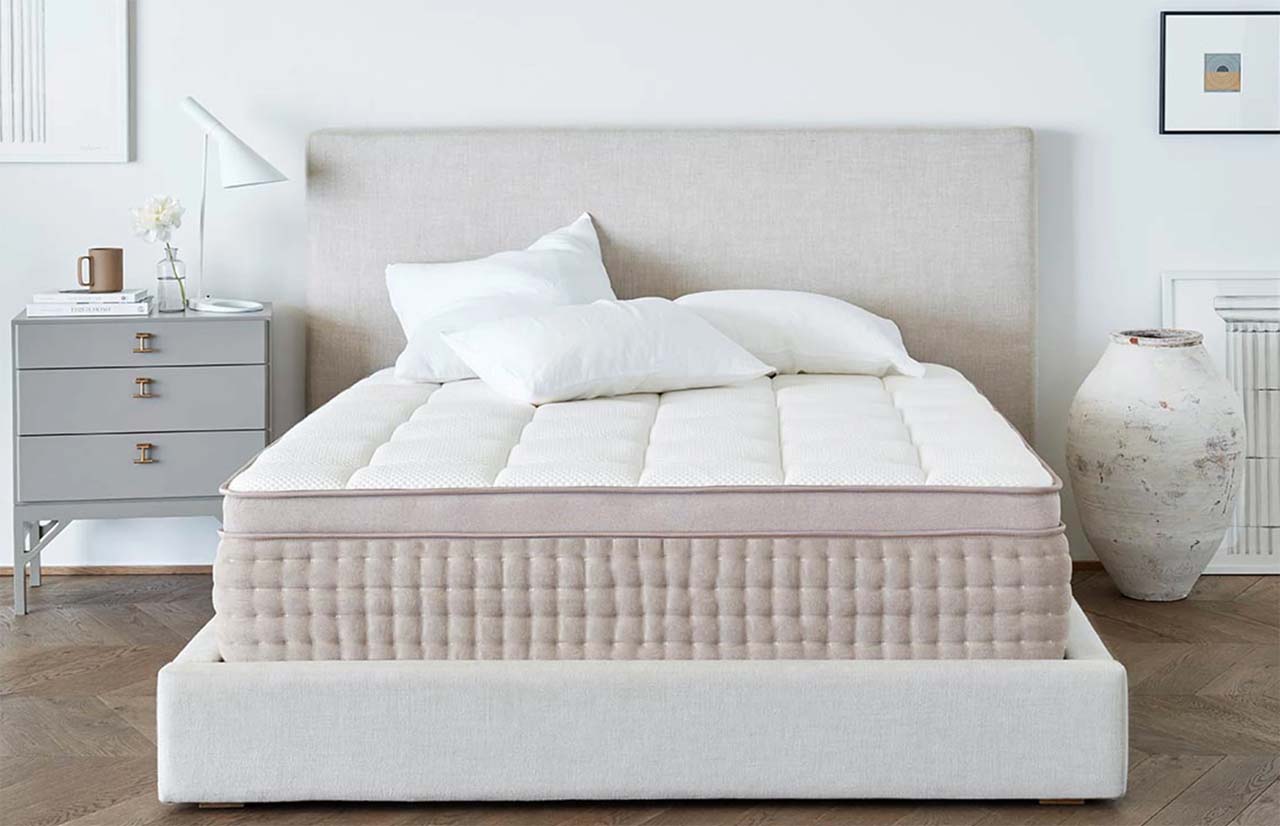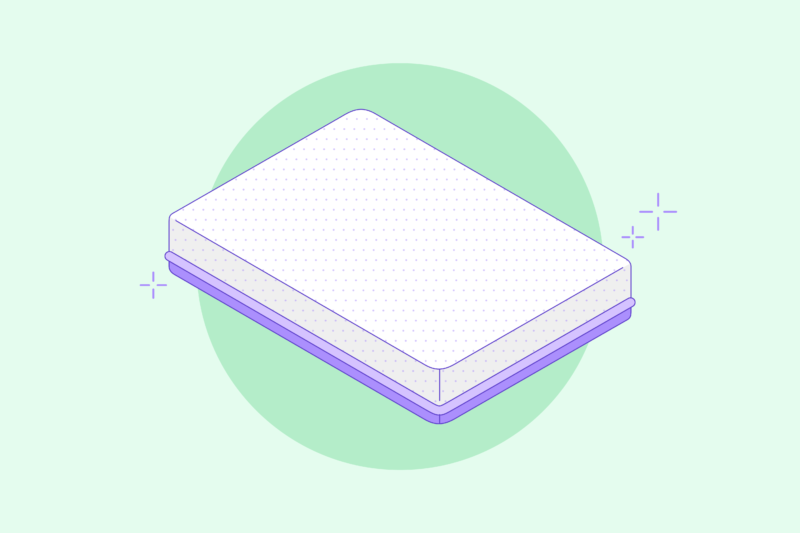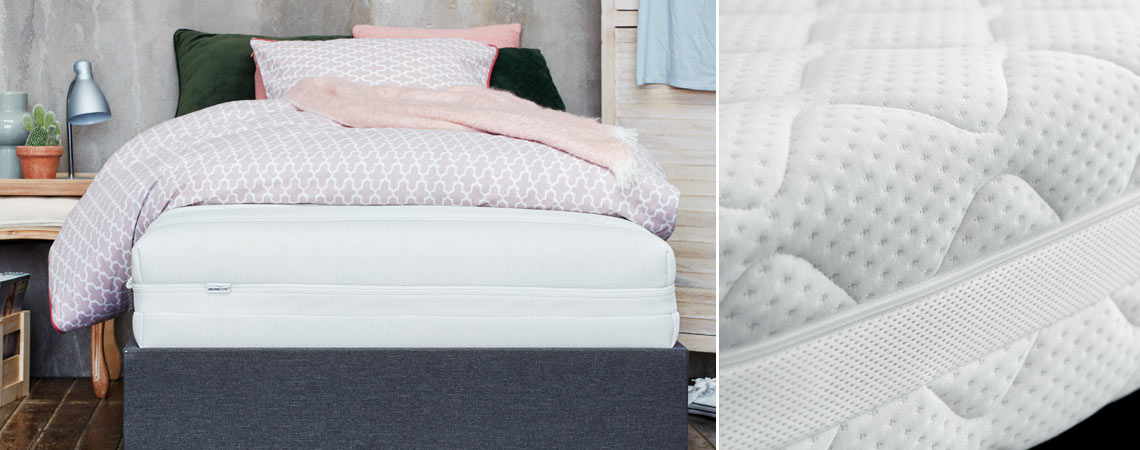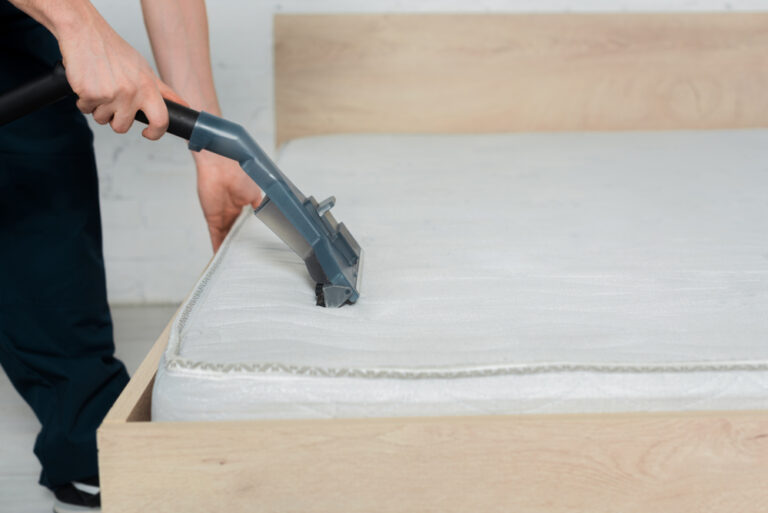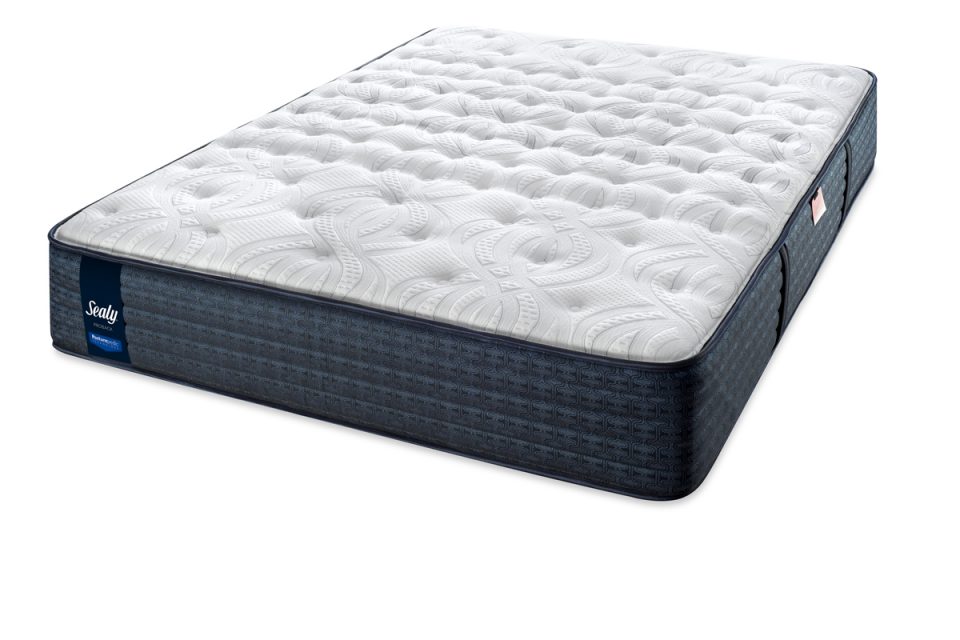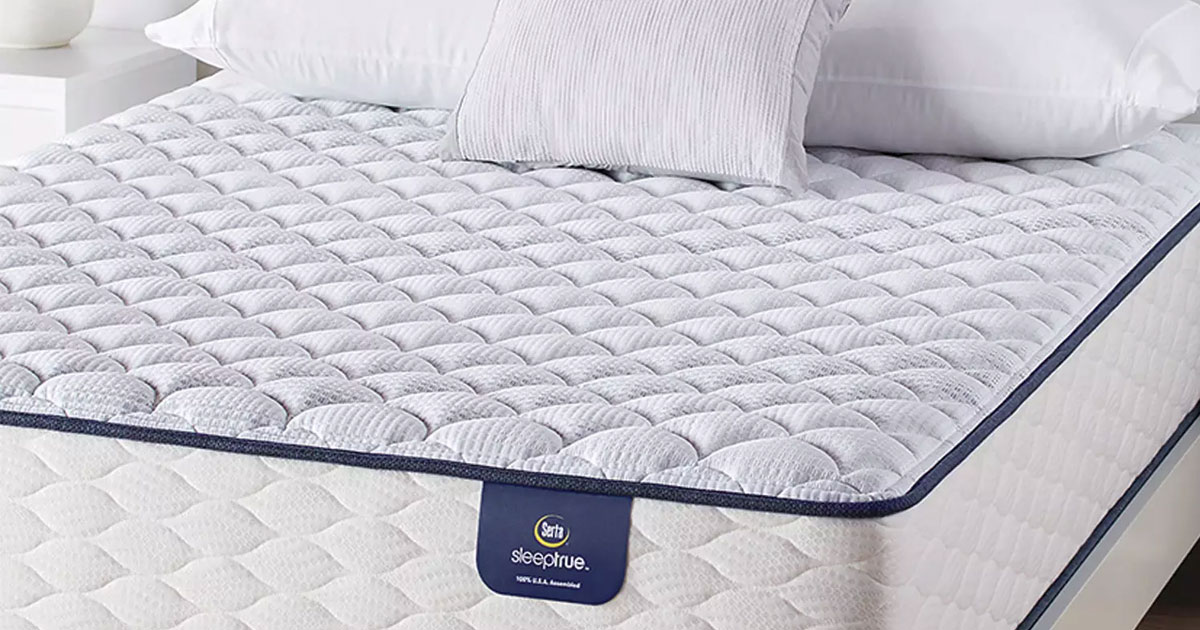Discomfort
One of the main reasons why people may choose not to buy a foam mattress is because of the discomfort they experience while sleeping on it. While foam mattresses are known for their pressure-relieving properties, some individuals may find them too soft or too firm for their liking. This can lead to aches and pains, making it difficult to get a good night's rest.
Heat Retention
Another common complaint about foam mattresses is their tendency to retain heat. This is because foam is known to trap body heat, causing you to feel uncomfortably warm while sleeping. This can be especially problematic for those who already struggle with sleeping hot. While some foam mattresses may be designed with cooling properties, they may come at a higher price point.
Lack of Support
While foam mattresses are known for their ability to contour to the body, some individuals may find that they lack the necessary support for their specific needs. This is especially true for those who have back or joint pain, as they may require a firmer mattress for proper spinal alignment. Foam mattresses may also not provide enough support for heavier individuals, leading to discomfort and restless sleep.
Off-Gassing
Off-gassing refers to the release of chemical odors that can occur when a foam mattress is first unpacked. This is due to the materials used in the manufacturing process, such as polyurethane foam, which can emit volatile organic compounds (VOCs). These odors can be unpleasant and may cause respiratory irritation in some individuals. While most off-gassing dissipates within a few days, it can be a major deterrent for those looking to purchase a foam mattress.
Durability Concerns
Foam mattresses are known for their comfort and pressure-relieving properties, but they may not be the most durable option on the market. Over time, the foam may start to sag or lose its shape, leading to an uneven and uncomfortable sleeping surface. This can be a major concern for those looking for a long-lasting mattress, as it may require replacing more frequently than other types of mattresses.
Allergies
For individuals who suffer from allergies, a foam mattress may not be the best choice. Foam is a porous material that can trap dust mites, pet dander, and other allergens, potentially causing discomfort and disrupting sleep. While some foam mattresses may come with hypoallergenic covers, they may not be completely effective in preventing allergen buildup over time.
Price
Foam mattresses can be quite expensive compared to other types of mattresses. This is due to the materials used and the manufacturing process involved in creating the foam layers. While there are budget-friendly options available, they may not provide the same level of comfort and support as higher-priced foam mattresses. This can be a major deterrent for those on a tight budget.
Weight
Foam mattresses can be quite heavy, especially those with multiple layers or thicker foam. This can make it difficult to move or rotate the mattress, which is recommended for maintaining its shape and prolonging its lifespan. The weight of a foam mattress can also make it challenging to set up or adjust, which may be a concern for those who move frequently or have limited mobility.
Maintenance
While foam mattresses are generally low-maintenance, they may require more care than other types of mattresses. This is because foam can be prone to stains, especially if spills are not cleaned up promptly. Some foam mattresses may also come with specific care instructions, such as rotating or flipping the mattress, which can be a hassle for some individuals.
Environmental Impact
The production of foam mattresses can have a significant impact on the environment. The materials used, such as petroleum-based foam, can contribute to the depletion of natural resources and the emission of greenhouse gases. Additionally, foam mattresses may not be biodegradable, leading to more waste in landfills. This can be a major concern for those looking to make more environmentally-friendly purchases.
Additional Reasons to Consider When Choosing a Mattress

Environmental Impact
 Another important factor to consider when choosing a mattress is its environmental impact. Foam mattresses are often made from synthetic materials that can be harmful to the environment.
Polyurethane foam, in particular, is known to emit volatile organic compounds (VOCs) which can contribute to air pollution and have negative effects on human health.
They also require a significant amount of energy to produce, contributing to carbon emissions and pollution.
On the other hand, there are more eco-friendly options available such as organic cotton, natural latex, and wool mattresses that are biodegradable and made from sustainable materials.
By choosing a more environmentally friendly mattress, you are not only taking care of your own health, but also the health of the planet.
Another important factor to consider when choosing a mattress is its environmental impact. Foam mattresses are often made from synthetic materials that can be harmful to the environment.
Polyurethane foam, in particular, is known to emit volatile organic compounds (VOCs) which can contribute to air pollution and have negative effects on human health.
They also require a significant amount of energy to produce, contributing to carbon emissions and pollution.
On the other hand, there are more eco-friendly options available such as organic cotton, natural latex, and wool mattresses that are biodegradable and made from sustainable materials.
By choosing a more environmentally friendly mattress, you are not only taking care of your own health, but also the health of the planet.
Cost
 While foam mattresses may seem like a budget-friendly option initially, they may end up costing you more in the long run.
Foam mattresses tend to have a shorter lifespan compared to other types of mattresses, typically lasting around 7-8 years.
This means you may have to replace your foam mattress more frequently, resulting in additional costs. Additionally,
foam mattresses may require extra care and maintenance, such as rotating and flipping, to maintain their shape and support, which can also add to the cost.
On the other hand, traditional spring mattresses have a longer lifespan, lasting up to 10 years, and require less maintenance.
Organic and natural mattresses may also have a higher upfront cost, but their durability and lack of maintenance can save you money in the long run.
In conclusion, while foam mattresses may seem like a popular and practical choice, there are many reasons to consider when making a decision.
Their potential negative impact on the environment and their shorter lifespan and maintenance costs are important factors to take into account.
It's essential to research and weigh all options before investing in a mattress that will affect your health, comfort, and even the planet.
Consider opting for more sustainable and durable options like organic and natural mattresses to not only improve your sleep, but also contribute to a healthier and greener planet.
While foam mattresses may seem like a budget-friendly option initially, they may end up costing you more in the long run.
Foam mattresses tend to have a shorter lifespan compared to other types of mattresses, typically lasting around 7-8 years.
This means you may have to replace your foam mattress more frequently, resulting in additional costs. Additionally,
foam mattresses may require extra care and maintenance, such as rotating and flipping, to maintain their shape and support, which can also add to the cost.
On the other hand, traditional spring mattresses have a longer lifespan, lasting up to 10 years, and require less maintenance.
Organic and natural mattresses may also have a higher upfront cost, but their durability and lack of maintenance can save you money in the long run.
In conclusion, while foam mattresses may seem like a popular and practical choice, there are many reasons to consider when making a decision.
Their potential negative impact on the environment and their shorter lifespan and maintenance costs are important factors to take into account.
It's essential to research and weigh all options before investing in a mattress that will affect your health, comfort, and even the planet.
Consider opting for more sustainable and durable options like organic and natural mattresses to not only improve your sleep, but also contribute to a healthier and greener planet.













